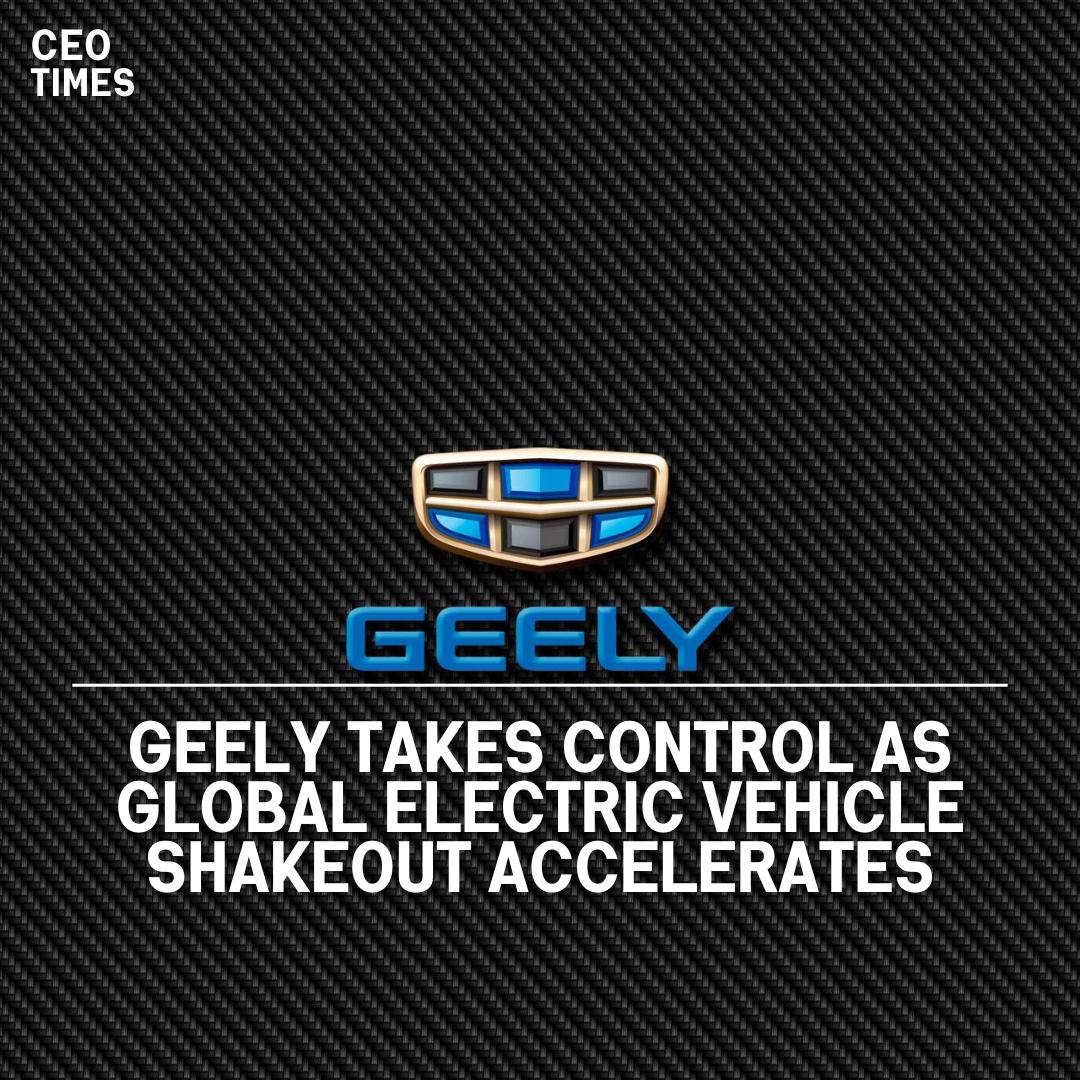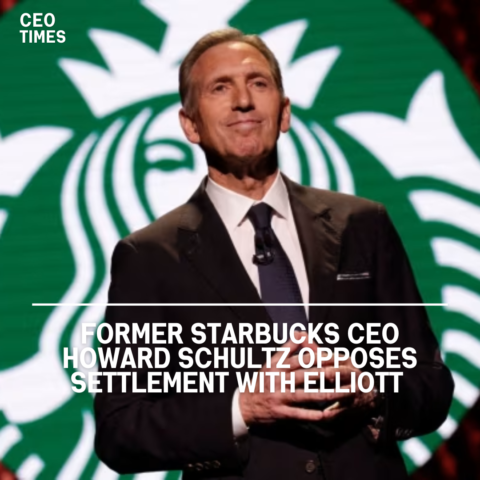Chinese automaker Geely move to take over funding for struggling electric vehicle (EV) maker Polestar from Volvo Cars signals the latest development in the ongoing shakeout within the global EV industry.
This consolidation trend follows Tesla’s historic financial surge in the early 2020s, prompting a reevaluation among legacy automakers, startups, and investors who collectively invested over $1.2 trillion in EVs.
Geely’s Majority Stake and Volvo’s Decision:
Geely, holding a majority stake in Volvo, has taken control of Polestar, which Volvo had operated as a luxury EV offshoot.
The decision comes as Polestar faced challenges, missing a revised 2023 delivery target, leading to Volvo’s decision to halt investments.
Polestar requires an additional $1.3 billion in funding to reach break-even by 2025, with its stock experiencing an 87% drop since its debut in June 2022.
Struggles of EV Startups and the Need for Profitability:
The difficulties faced by Polestar and other smaller players underscore the substantial expenses associated with EV development.
To survive in the increasingly competitive market, EV startups must demonstrate plans for profitability and competitiveness against larger players and Chinese counterparts.
The ongoing global EV demand slowdown may prompt a consolidation wave or eliminate weaker players.
Geely’s Ambitions and Benefits of Control:
One of China’s major automakers, Geely, aims to expand exports from China and achieve economies of scale across its various brands, including Volvo, Smart, and Lotus.
With full control of Polestar, Geely can streamline investment and technology sharing, potentially mitigating financial challenges. Geely Chair Li Shufu’s strategy aligns with the need for efficiency in the rapidly evolving EV landscape.
Other Struggling EV Startups and Market Dynamics:
Various EV startups, including Rivian, Fisker, Arrival, Xpeng, and Lucid, have grappled with scaling up and financial pressures.
Fisker, for example, recently renegotiated the terms of a debt deal to secure a strategic partner. The changing market dynamics and a cooling enthusiasm for EVs in the capital market have created shorter runways for money-losing startups.
Legacy automakers are increasingly seeking public subsidies to navigate the evolving landscape.




















